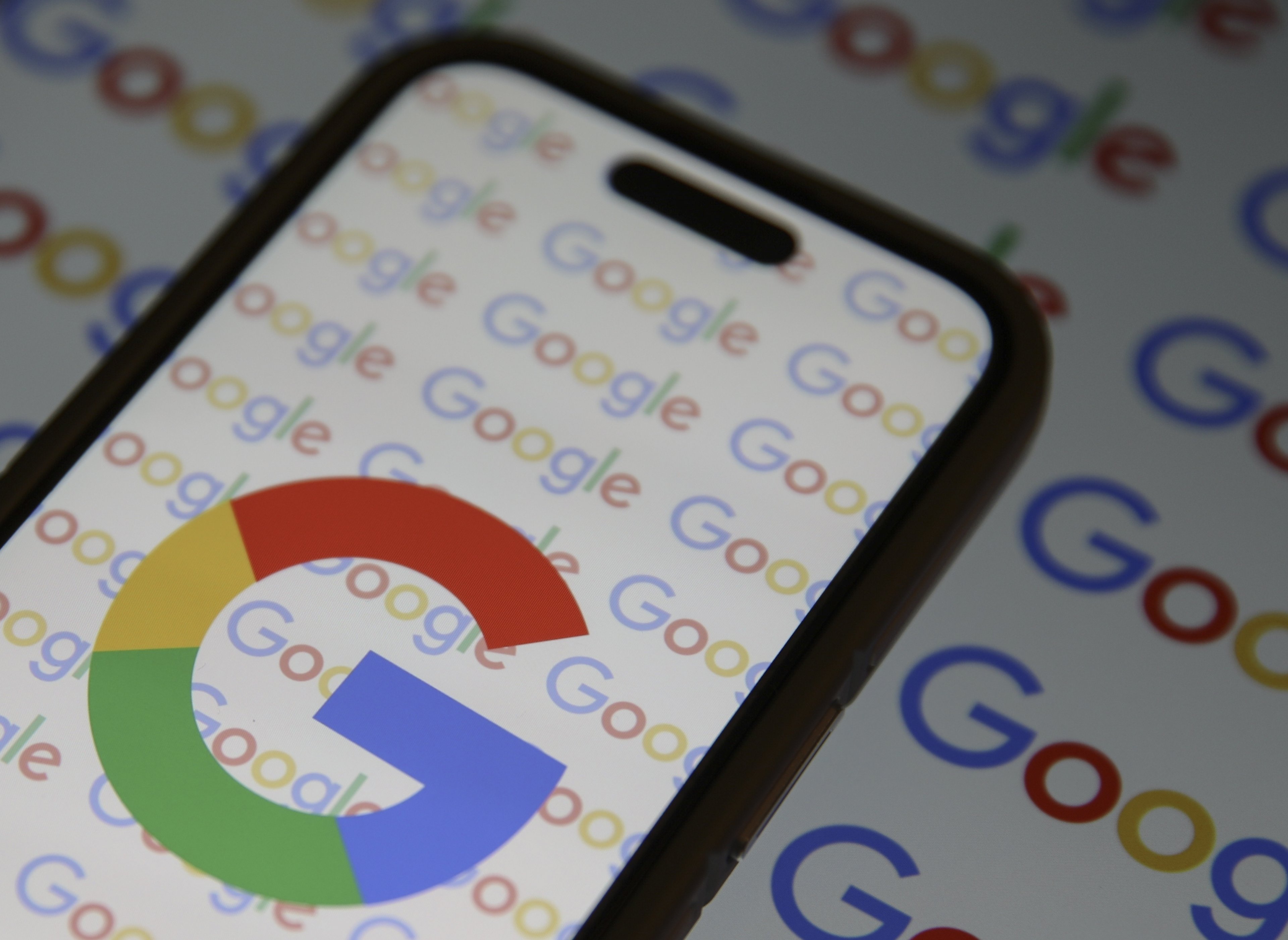All those who lamented Google's (GOOG +1.04%) decision in 2012 to drop $12.4 billion on Motorola Mobility, easily its largest acquisition to date, as misguided and much too expensive are probably gloating today. After announcing it sold Motorola, not counting the 20,000 mobile patents, to Lenovo (LNVGY +1.52%) for $2.9 billion, Google and CEO Larry Page were likely expecting a tidal wave of negativity. And, at first glance, the various headlines referring to the Lenovo deal as "Google's Misstep" seem warranted.
But before you judge the deal too quickly -- in other words, take the original $12.4 billion price tag Google spent for Motorola in 2012, subtract the $2.9 billion it just sold the unit for, and determine Google is eating $9.5 billion -- there's a bit more to the story. Does the sale of Motorola equate to an admission of defeat for Google? To some extent, yes, certainly as a hardware manufacturer, but nothing close to a $9.5 billion setback.
The rest of the story
Determining how big a hit Google is taking by selling Motorola to Lenovo requires reviewing its original deal to secure the business in 2012. Of the $12.4 billion Google spent to acquire the device manufacturer, $2.9 billion was cash and equivalents sitting on Motorola's balance sheet. That drops the cost of Motorola's actual assets at the time to $9.5 billion.
Since taking over Motorola, Google has also unloaded non-core assets, including last year's deal to sell the cable box unit to Arris Group for $2.05 billion in cash along with $300 million in stock. So, if we take another $2.3 billion from the $9.5 billion Google sunk into Motorola's assets, the search giant's on the hook for about $7.2 billion.
When Google made the original Motorola deal, it estimated the value of Motorola's patent portfolio at a whopping $5.5 billion. Even then, it was clear the patents were far and away the most valuable asset Motorola owned. Some investors may question Google's patent valuation, but let's assume its patent estimates are close; that leaves Google with Motorola assets of $1.7 billion ($7.2 billion less $5.5 billion), based on its original acquisition price. Does that mean Google actually made money on the Lenovo deal? Not quite.
There's one last factor to consider in calculating just how much Google lost, or gained, from the sale of Motorola. The $2.9 billion deal with Lenovo for the hardware business includes $1.4 billion in cash, about half the amount Google received in its original Motorola transaction, meaning Lenovo is actually spending $1.5 billion for Motorola's hardware assets.
After taking into account the cash included in both the 2012 and 2014 Motorola deals, asset sales in the interim, and Google's patent portfolio, the sale of Motorola leaves Google with approximately $200 million of egg on its face ($1.7 billion less $1.5 billion). Nothing to brag about, but hardly as bad as the headlines would have some believe.
From here
Though China-based Lenovo's $2.3 billion deal to acquire the low-end server business of IBM last week was well received, the same can't be said for the Motorola acquisition. Lenovo was down more than 4% at the open after getting pounded by investors in after-hours trading.
As for Google, the decision to exit the hardware business and concentrate on its Android OS dominance, self-driving cars, and bizarre Internet balloons, among other innovative technologies, seems to have struck a chord with investors, and Google's share price jumped about 2% out of the gate this morning.
Final Foolish thoughts
The Motorola announcement is an ideal example of why investors need to go beyond the headlines before making decisions. If your research stopped at the news that Google spent $12.4 billion for Motorola and then sold it less than two years later for $2.9 billion, you'd wonder if Page and his team had lost their collective minds. Turns out, what seemed to have been a colossal failure at first glance really wasn't that bad a deal for Google.







